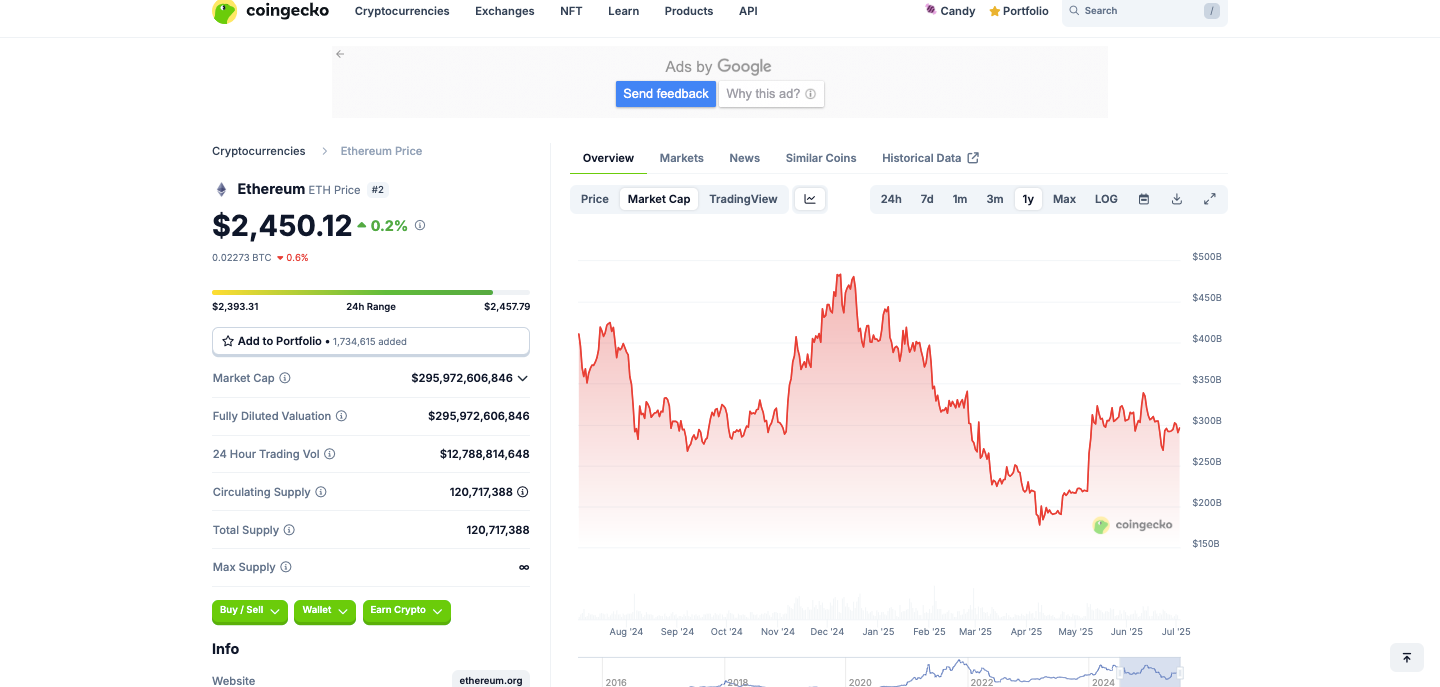The UK government has bowed to pressure from businesses and dropped rules to force companies to use a new post-Brexit replacement for the EU’s “CE” product quality mark.
The “indefinite” postponement was widely welcomed by industry and came after more than two years of intense lobbying to drop the move.
The government has long portrayed the UKCA safety mark as a way the country can “take back control of our product regulations” in the wake of Brexit.
But the plans to establish a rival to the CE mark, which assures the safety of electronic, industrial and consumer goods, have been deeply unpopular with manufacturers and traders who see them as an additional burden.
The government said that under the indefinite delay, businesses would be free to use either the UKCA or the CE mark when placing goods on the UK market.
Kevin Hollinrake, business minister, said the decision was taken to reduce “red tape” on business and to “prevent a cliff-edge moment” ahead of the planned introduction of UKCA from the start of 2025.
“We have listened to industry, and we are taking action to deliver,” he added. “By extending CE marking use across the UK, firms can focus their time and money on creating jobs and growing the economy.”
Business groups have repeatedly warned the government that the copycat UK quality assurance mark was creating unnecessary burdens for industry by creating dual EU and UK certification regimes.
The introduction of the UKCA mark has been delayed on three separate occasions since the EU-UK Trade and Cooperation Agreement came into force in January 2021, angering businesses that had invested time and money in preparing for the scheme.
The plans to introduce the UKCA also exposed a lack of capacity in the UK certification industry to carry out tests on safety-critical products, such as construction materials, passenger lifts and car airbags.
Stephen Phipson, the chief executive of Make UK, the manufacturers’ lobby group, welcomed the postponement as “a pragmatic and common sense decision” that would “safeguard the competitiveness” of UK manufacturers and help attract investment.
“It should bring more confidence about doing business in the UK and recognises the need to work with the reality of doing business,” he added.
Tina McKenzie, the policy lead at the Federation of Small Businesses, also welcomed the decision: “This will allow time for small firms to adjust to the UKCA marking system and focus on growing their business both at home and overseas,” she said.
Sam Lowe, trade expert at consultancy Flint Global, said the government had bowed to the inevitable with its decision that implicitly recognised the difficulties many companies had faced adapting to a new UK-only scheme.
“However, given this was always the likely outcome, it is understandable that some companies that have sunk money into adaptation will be slightly aggrieved,” he said.
Lowe also noted that the extended recognition of the EU’s CE marking also meant less divergence between Great Britain and Northern Ireland, where CE marks remain mandatory because the region follows EU laws for goods manufacturing.
Credit: Source link











